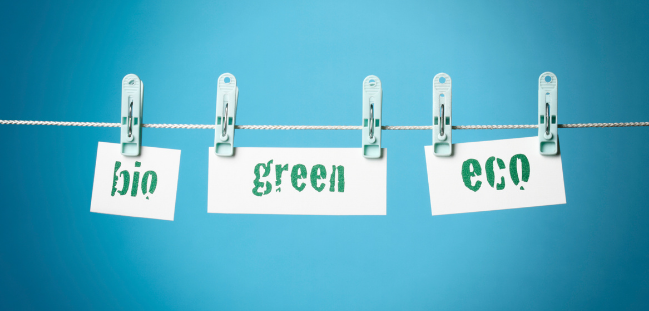Giving a “natural,” “bio,” “sustainable” aura to products that in reality are not. This is what is known as greenwashing. A super widespread marketing strategy that is used to “disguise” products as ecological when in reality they are not. Now the EU has put this unethical practice in the spotlight in its New Consumer Agenda, approved last November.
The New Consumer Agenda of the EU, the consumer roadmap for the next five years, emphasizes five key points. The ecological transition, digital transformation, guaranteeing consumer rights, support for the most vulnerable consumers and international cooperation.
Anti-money laundering measures
Within the axis of ecological transition and guarantee of consumer rights, the EU includes measures aimed at empowering consumers to play an active role with their purchasing decisions and also other measures to protect them against fraud. The Union is determined to improve the quality and veracity of the information we receive about the environmental sustainability characteristics of products and to protect us against practices such as greenwashing and planned obsolescence.
In his own words “The Commission will propose that companies support their green claims using environmental footprint methods of products and organizations to provide consumers with reliable environmental information. The Commission will explore methods to create a sustainable labeling framework covering, in synergy with other relevant initiatives, the nutritional, climate, environmental and social aspects of food products”.
These European initiatives in favor of sustainable consumption are integrated into the European Green Deal, the holy grail to achieve a sustainable economy in the union. This pact aims to restore the balance between human activity and nature. A balance whose deterioration has been further highlighted by the global coronavirus pandemic.
And you as a consumer, what do you think of this initiative? What cases of greenwashing do you know of?



